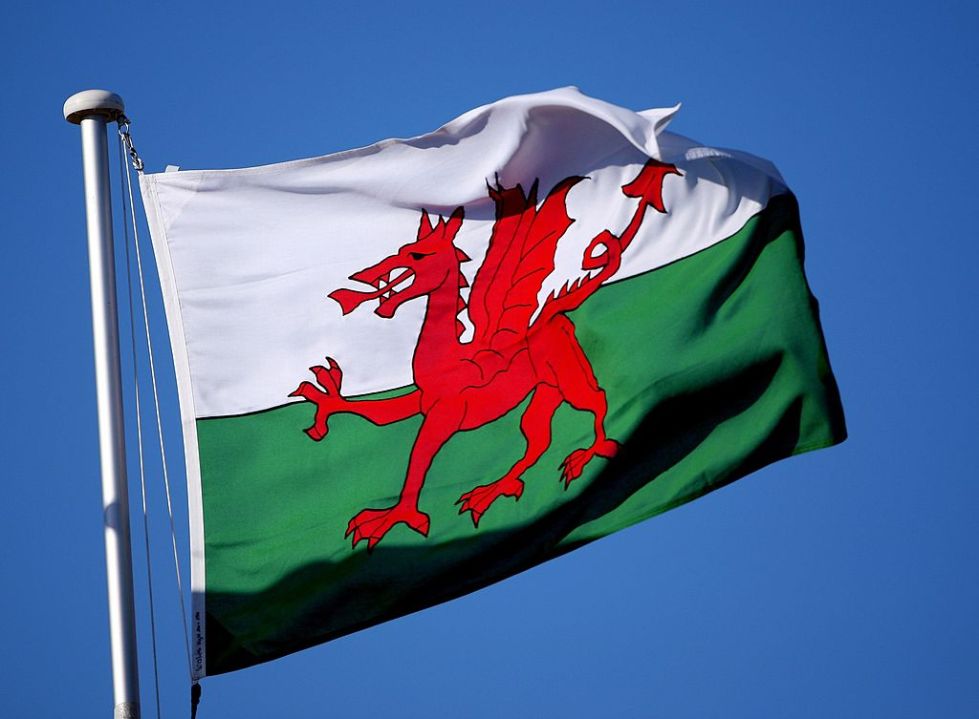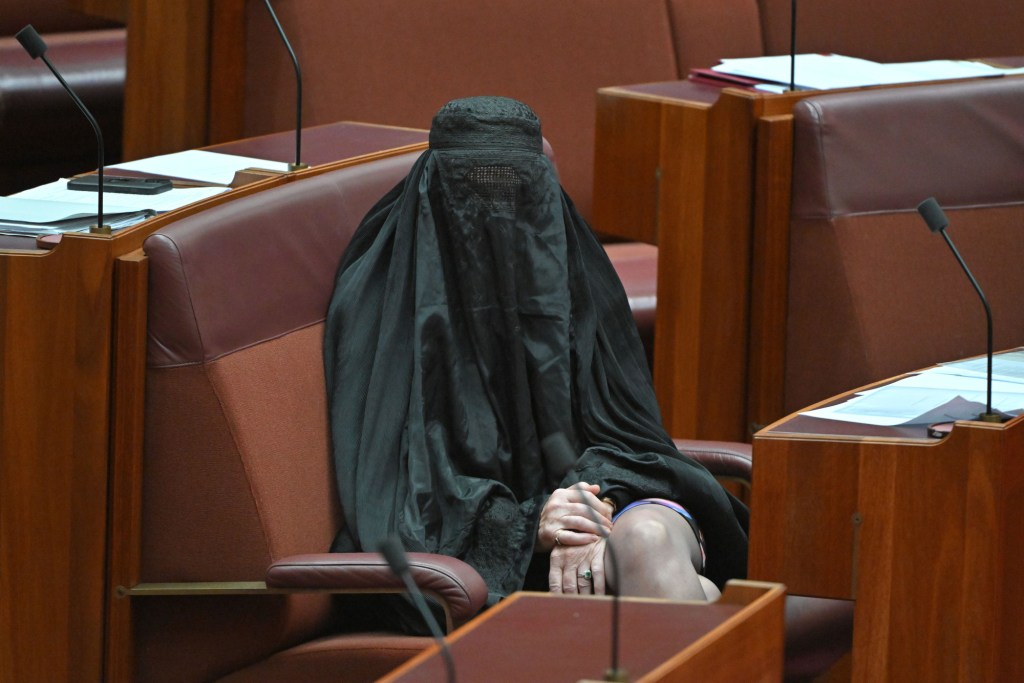There is no land more lovely than Wales. I have walked through a magical forest to splash in the shallow, shimmering waters of the sea at the forested Newborough Beach in Anglesey and traipsed out to the monastery on the spit. I’ve struggled up Mount Snowdon while being pummelled by the angry Welsh wind and stared at by unimpressed sheep. Ten miles north-west, I have inspected the neat beauty of Caernarfon Castle staring into the Menai straits, strolled the pretty streets of Monmouth and Hay-on Wye, and lived it up in the rolling hills just over the border from Ludlow.
As a place of beauty and charm, and a fascinating history of royalty and intra-national power struggles, Wales has everything going for it. Why, then, does it use all its energy up on self-destruction? Why does it insist on turning itself into a laughing stock, drinking down unfiltered woke rubbish and dousing its wonderful natural and cultural heritage in the stuff? The country is like the teenager who is clever, quirky, and loved – yet still chooses to become a rampaging nightmare who squanders all the good in favour of drugs, binge-drinking and Marxism.
With beauty of land and richness of history, Wales is both lucky and special
Unlike with a teenager, however, it has become increasingly difficult to wave away Wales’s behaviour as a mere phase. For me, the news last week that some are offended at the success of ‘fairy porn’ – a genre of romance that includes sexy nymphs and sprites cavorting in glens – was a high, or rather, a low water mark, of the new Welsh sensibility. ‘It can be pretty patronising,’ sniffed Professor Dimitra Fimi, formerly of Cardiff University and now a professor of fantasy and children’s literature at Glasgow. ‘It creates an image of the country which isn’t realistic. That’s not all that Wales is. What worries me is a particular perception of Wales developing within fantasy, which is that it’s this magical, rural, romantic place.’
Offending books include Sarah J. Maas’s best-selling A Court of Thorns and Roses series, which includes the story of a girl killing a wolf, after which a fairy demands an erotic punishment. The popular Fourth Wing by Rebecca Yarros is about an aspiring dragon rider girl who falls into a sexy clinch with a gorgeous boy called Xaden, a ‘third-year rider and wingleader’. Both authors have been accused of a kind of cultural appropriation. Their tales apparently borrow from Welsh mythology, and their characters have names such as Gwyneth.
Fairy porn-gate is, of course, small fry – and certainly a distraction – next to a deeply concerning bigger picture. Wales suffers from some of the worst poverty rates in the UK (21 per cent of the population and 28 per cent of children); an underdeveloped economy that never recovered from the end of mining; incompetent governance; disastrous educational outcomes compared to most other nations; and the ghoulish consequences of the UK’s broken asylum system, encapsulated by the jailing in October of an illiterate goat herder from Iraq operating as a drug seller in barber shops in Aberystwyth by way of Newcastle. NHS waiting times are poor and addiction issues are rife.
In light of this barrage of real problems, perhaps it is no surprise that Wales has taken up with gusto such US-style notions as ‘systemic’ social and racial injustice, diversity and inclusion, and unhealthy historical revisionism based on grievance.
The usual absurd spectacles arise from these ideological missteps and distractions. With the help of funding from the devolved Labour government, David Lloyd George’s childhood home in Llanystumdwy, which is now a museum honouring him, is to be ‘decolonised’ to ‘promote a multicultural, vibrant and diverse Wales’. At the same time, under recent ‘anti-racism guidance’ from the Association of Local Government Archaeological Officers (those big cheeses), Edward I’s Welsh castles – including Caernarfon – are deemed ‘problematic’. Visitors should be made aware that these castles are not architectural marvels and places of cultural and historic significance, they are ‘symbols of oppression and alienation’ which ‘illustrate well the potentially divisive legacy of historical events’. There’s plenty more where this came from.
Meanwhile, schools seem to have embraced trans ideology with a zest unrivalled in the rest of Britain. In November a leaflet was handed out to 11-year-olds headed: ‘Problem periods when you’re not cisgendered’, informing them that there are ‘men who have periods’. Worse even than the painful confusion that is sure to arise in pupils of such a vulnerable age being told such stuff by figures of authority is the approach to education itself.
Wales has one of the worst track records in the West on reading, maths and science skills. In December 2023, the OECD published the latest round of Pisa tests in these areas, and found that while most countries had seen a dip since the pandemic, the declines were particularly large in Wales, erasing all the progress seen since 2012. Recommendations for the Welsh curriculum included placing ‘greater emphasis on specific knowledge’ and a delay in reforms to GCSEs. There is little sign of these recommendations being taken up. Instead, last month Welsh exam chiefs made the decision to axe Of Mice and Men and To Kill a Mockingbird from the English language exams because of the books’ use of ‘racial slurs’ that might be ‘psychologically and emotionally’ harmful for some children.
With beauty of land and richness of history, Wales is both lucky and special. Enoch Powell (speaking in Welsh) once argued the ‘contribution of Wales to the history of Britain over the centuries to be an important one indeed… it would be a very poor thing if her contribution to British cultural life was confined to the borders of the principality’. It’s a great shame Wales’s contemporary gatekeepers don’t see it that way. Instead, they seem to prefer diminution, distortion and destruction to celebration, learning and pleasure.









Comments